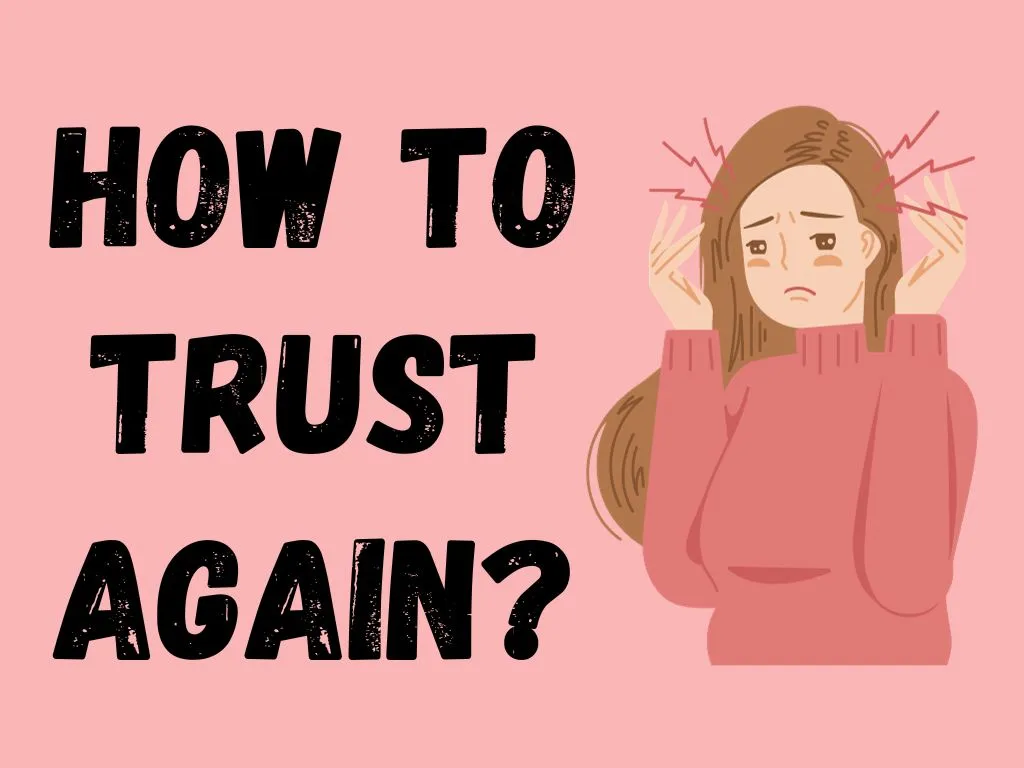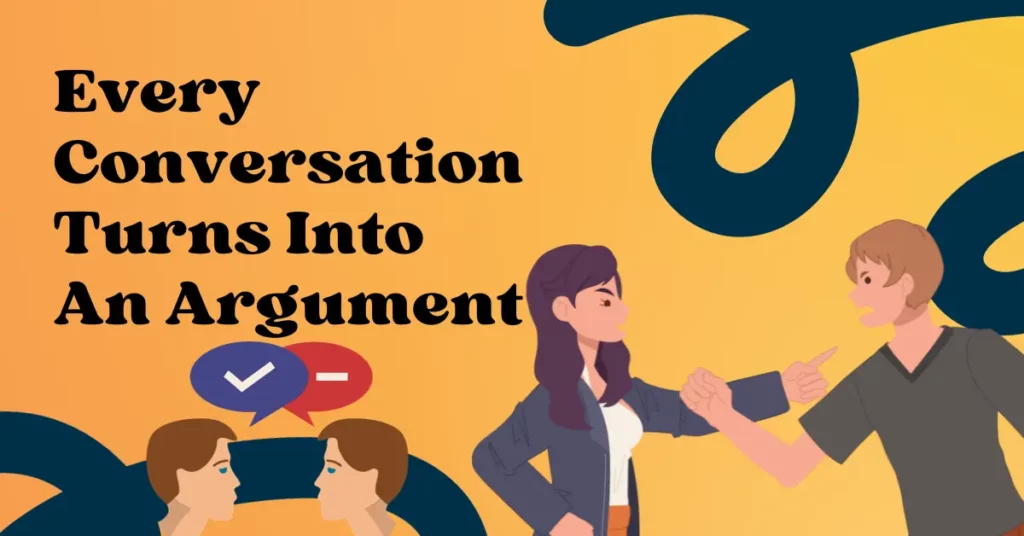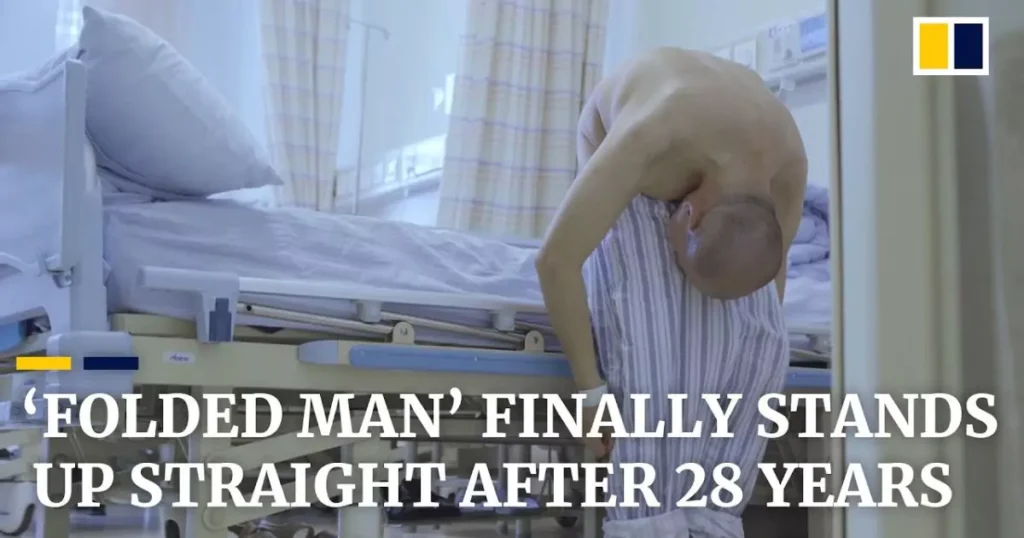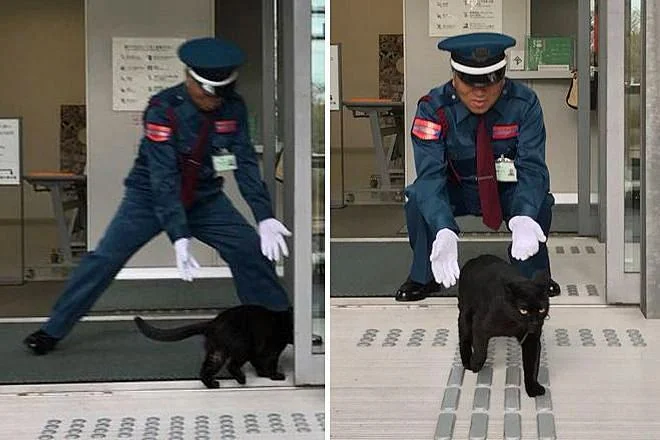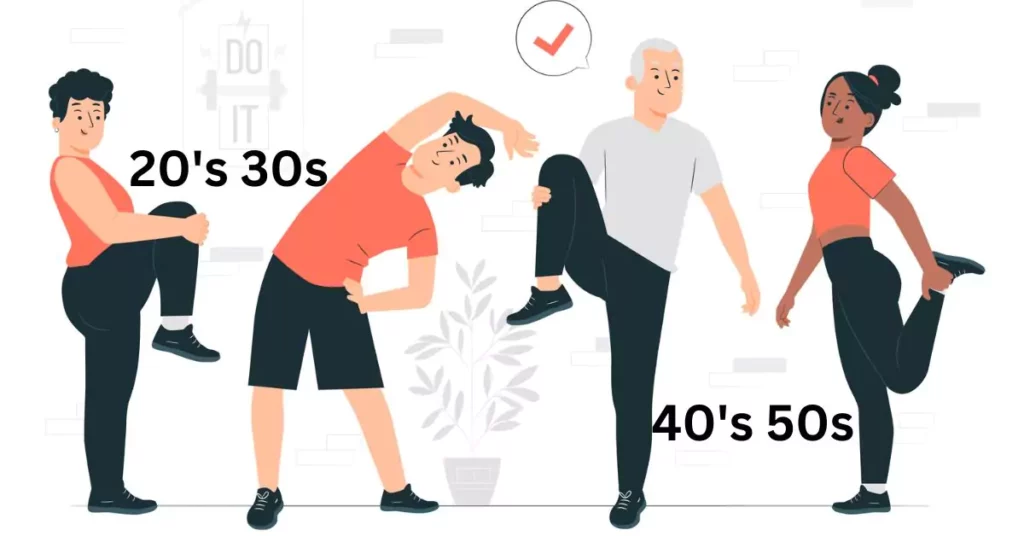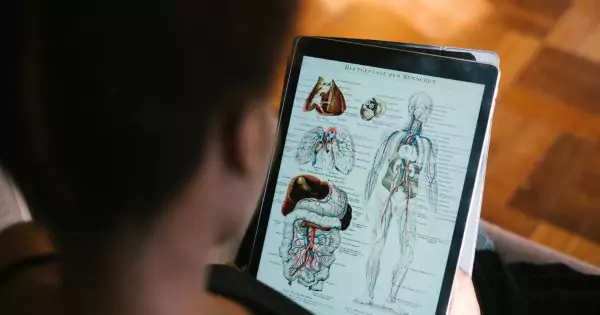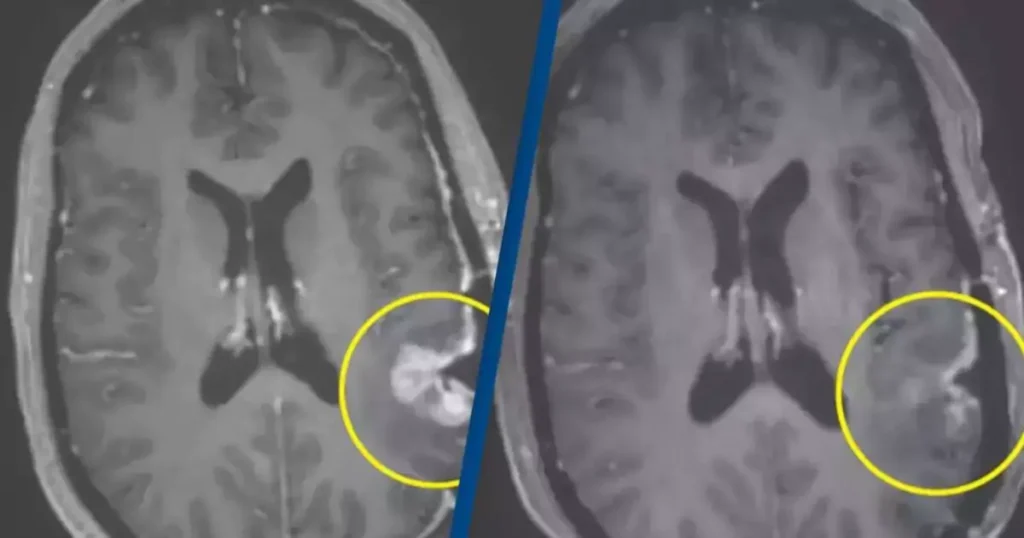Rediscovering the ability to trust after experiencing heartbreak can be a challenging journey. It takes immense courage to open oneself up to vulnerability and the potential for both happiness and pain once more.
Although trusting another person may initially seem daunting, the potential rewards are well worth it. Choosing not to trust again may mean missing out on numerous opportunities for new and meaningful friendships and relationships, which would be a true shame.
Trust is a delicate concept that can take a long time to nurture but can be shattered by a single misstep. Often, the swiftest lessons in life come from moments of pain and suffering, which can make regaining trust a formidable task.
Fear of being hurt again can lead us to stay within our comfort zones, avoiding the risks associated with vulnerability. This article focuses on our role in shaping our own happiness rather than those who may have hurt us, intentionally or unintentionally.
Rebuilding Trust After Heartbreak
Placing trust in someone who has hurt us or in a new acquaintance may appear challenging, but it’s as difficult as we make it out to be.
The more we tell ourselves, “I can’t trust again; I can’t risk being vulnerable,” the deeper emotional wounds we create. These wounds can lead to superficial relationships.
Each time we reinforce the belief that pain should be avoided at all costs, we convince ourselves that we cannot trust anyone again. If we persist in this mindset, we may engrave in our minds the idea that trusting others is synonymous with getting hurt. Eventually, this belief becomes a permanent part of us.
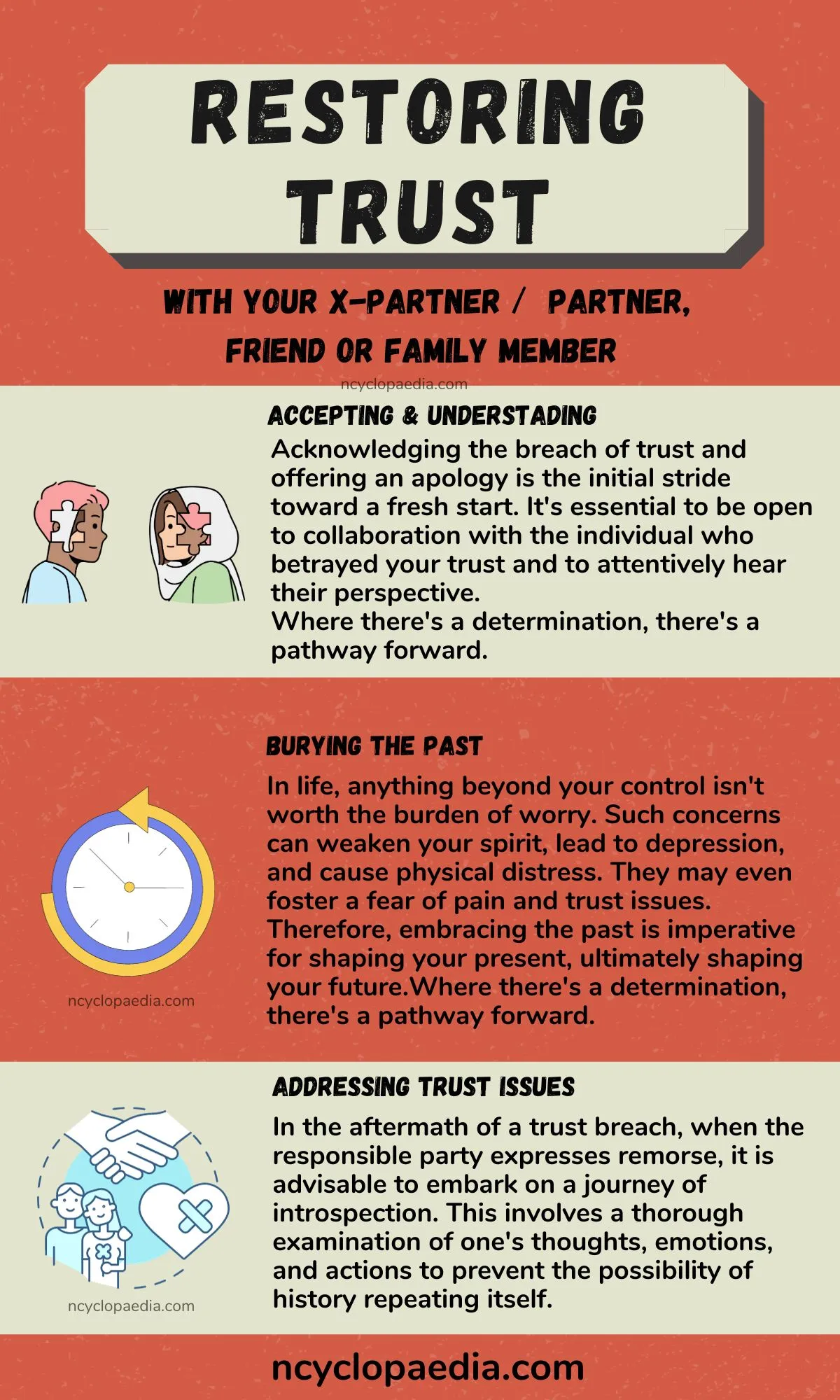
This can result in an inability to trust others and even ourselves, leading to deep-seated insecurities that we may not recognize until we push away people who try to get close to us.
Life without trust in others can be a lonely and solitary experience, as human nature thrives on bonding.
Trusting Equals Happiness
While trust is not an absolute necessity for survival, it significantly enhances our lives. Relying on others for emotional, physical, and mental support provides a sense of significance and belonging.
Studies reveal that individuals who experience loneliness are more prone to depression and other mental health issues compared to those surrounded by trusted friends.
Functional relationships often require trust, and without it, they can falter.
Overcoming the Fear of Trust
Trusting others makes us vulnerable, but it is also an essential part of our humanity. Without trust, healthy relationships become mere acquaintanceships, driven solely by convenience.
Strong relationships are built on a foundation of trust and respect, fostering emotional sharing and acceptance.
Learning to trust someone again, especially after experiencing betrayal or a painful breakup, takes time. It’s a gradual process, and expecting quick results is unrealistic.
By allowing our fear of pain to govern our actions, we inadvertently close ourselves off emotionally and appear distant and standoffish to others. This can lead to missed opportunities for meaningful human interaction.
Not Trusting People Is a Weakness
Experiencing betrayal and hurt can be excruciating, but refusing to trust again is not a path to personal growth. It is essentially avoiding the issue and prolonging suffering.
Refusing to trust people after being hurt by someone else can make relationships challenging. People who have been hurt and cannot trust again create barriers that make it difficult for others to connect with them.
Gaining someone’s trust should not solely be the responsibility of the person who was hurt. Trust is a fundamental component of healthy relationships, and both parties should contribute to rebuilding it.
Taking Responsibility for Your Own Emotions
While the person who hurt us may have played a role in our pain, we must ultimately take responsibility for our own emotions.
After a breakup or betrayal, it is our responsibility to care for ourselves and heal. Waiting for our ex-partner to help us heal may not be realistic, and it speaks to their own choices and morality.
Letting Go of Those Who Hurt Us
Some people come into our lives, while others leave. It’s essential to let those who choose to leave go their own way, as we do not have the right to hold them captive for our own convenience.
Even though it can be challenging not to feel hurt by those who leave us, we should avoid harboring resentment. Everyone deserves the opportunity to pursue their own happiness.
Can I Still Be Responsible for My Emotions After Betrayal?
Experiencing betrayal, cheating, or mistreatment can be emotionally devastating. However, the pain we feel is not a punishment for our own actions.
It’s crucial to remember that, regardless of the actions of our ex-partner, we are responsible for our own emotions. While they may have triggered our pain, we have the power to heal and move forward.
Is It Possible to Rebuild Trust After It’s Been Shattered?
Rebuilding trust, especially after an incident like cheating, is possible but requires time, effort, and commitment from both parties involved.
Couples who have experienced betrayal can work on rebuilding trust by communicating openly and honestly, addressing questions and concerns, and providing reassurance over an extended period.
Here are some approaches to learning to trust again:
Trusting Someone Again by Trusting Yourself
In order to rebuild trust, it’s essential to embrace vulnerability and get close to another person. Building walls to protect ourselves from potential pain can hinder intimacy and trust in new relationships.
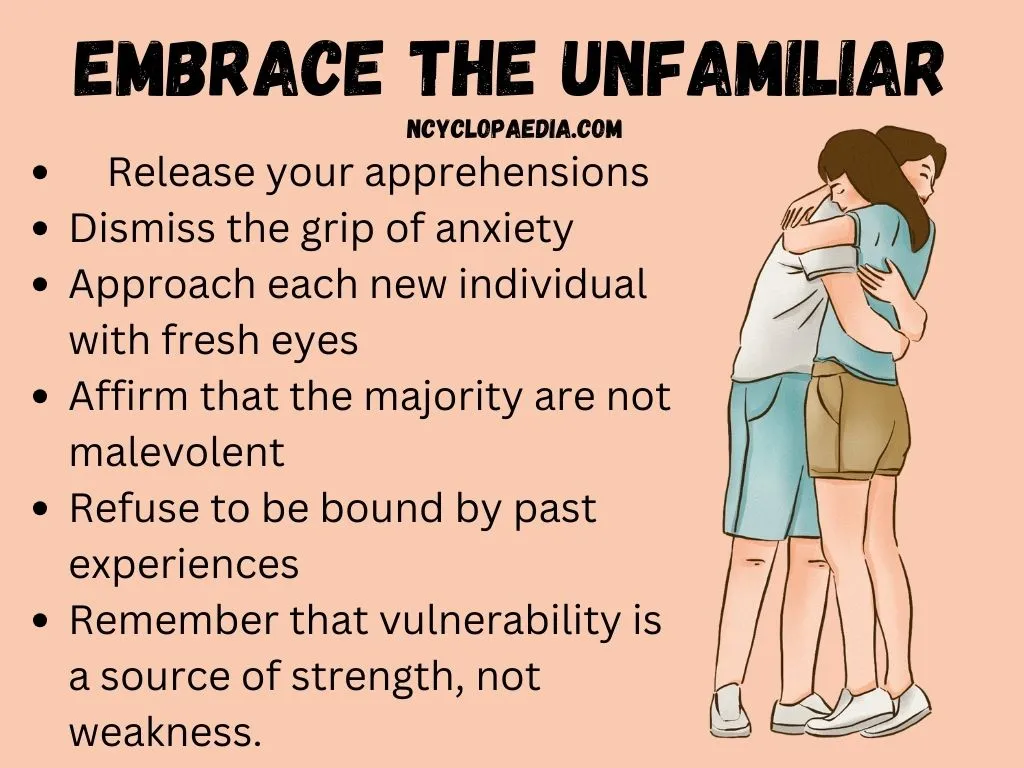
Taking Time to Heal
If you’re still emotionally wounded, it may be wise to take a break from dating until you’ve fully healed. Rushing into a new relationship while carrying emotional baggage can lead to unhealthy comparisons with your previous partner.
Loving Without Comparison
To love a new partner without comparing them to your previous one, focus on detaching from your past relationship. The longer you stay in no contact, the less significant your ex becomes, allowing you to appreciate your new partner for who they are.
Loving Your New Partner Fully
To love your new partner fully and without reservations, invest in the relationship with trust and commitment. Avoid half-hearted involvement and a fear of commitment, as these can lead to neglect and potential abandonment.
Trust Is a Two-Way Street
To rebuild trust, you must first be willing to trust others. Avoid comparing your new partner to past relationships and embrace vulnerability to foster healthy relationships.
Patience and Open-Mindedness
Give people a chance to reveal their true selves over time. Be patient and open-minded, and avoid rushing into deep commitments prematurely.
Embrace Optimism
Maintain an optimistic outlook on relationships, seeing past heartbreak as an opportunity to meet better-suited people who will treat you well.
Taking Control of Your Healing
Learn from past experiences and use them as opportunities for growth and improvement. Take control of your emotions and work on personal development.
Trusting Anew
Lastly, trust as if you’ve never experienced heartbreak before. Treat each new person you meet with respect and optimism, avoiding the urge to compare them to past experiences.
Rebuilding trust and finding love anew after heartbreak is a journey that requires self-reflection, patience, and a willingness to embrace vulnerability. With time and effort, it is possible to learn to trust again and create meaningful, fulfilling relationships.

